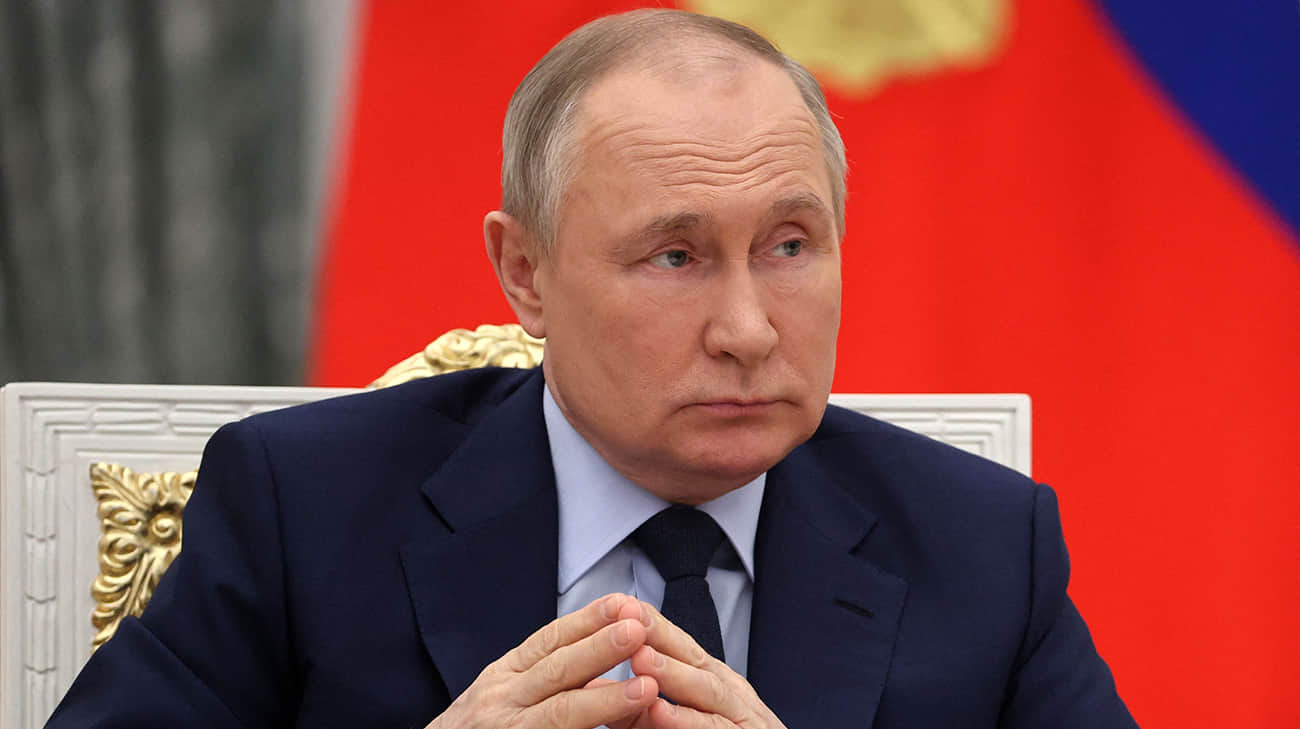White House, a statue of freedom and American monopoly over history

The White House responded sharply to the statement of the French MEP Raphascla Glucksmannwho suggested that the US return the statue of freedom as under the leadership Donald Trump They no longer represent the values on which they were established. Press spokeswoman for President Caroline Leavitt She said at a press conference that Glucksmann should remember that it was because of America that she has preserved her freedom because of America and that the French should be « grateful not to speak German. »
The White House statement represents a historical interpretation in which the United States is shown as a central and key factor in victory over Nazism in World War II. Although the US contribution to the defeat of Nazi Germany was undoubtedly important, historical facts show that the victory of the Allies was the result of a coordinated effort of several countries.
The claim that France owes its freedom exclusively to the United States, does not take into account the broader historical context, in which other allies, especially the Soviet Union, the United Kingdom and resistance movements across the continent, contributed to the liberation of Europe.
Alliance and distribution of burden in World War II
The analysis of the contributions of individual countries in World War II requires a comprehensive overview of what is happening at different periods of conflict. The US forces entered the war in December 1941 after the attack on Pearl Harbor, thus directly involved in military clashes with both Japan and Germany. Until then, Europe has been a scene of intensive military operations for many years, with some key battles that decisively influenced the course of the war on the Eastern Front.
The claim that France owes its freedom exclusively to the United States, does not take into account the broader historical context, in which other allies, especially the Soviet Union, the United Kingdom and resistance movements across the continent, contributed to the liberation of Europe. Photo: US Navy
Since 1941, the Soviet Union has borne the main burden of the fight against Germany. After the start of Barbaross surgery, the Red Army confronted the intense penetration of German forces and suffered major losses, but managed to stabilize the front and gradually switch to the offensive. The battle for Stalingrad (1942-1943) represented one of the key breaks in the war, as it severely weakened the German army. The Soviet victory in this battle and subsequent penetration against Berlin had a decisive influence on the outcome of the war in Europe.
Western allies contributed significantly to the liberation of Europe by landing in Normandy in June 1944, opening another front against Germany and accelerating the fracture of the Nazi regime. The US and British forces, along with other Allied units, advanced to Germany, while Soviet forces penetrated the east. Although Western allies were strategically crucial, the victory over Nazism without the Eastern Front would be much more uncertain.
The French contribution to the victory is often overlooked, but the resistance movement in occupied France played a key role in sabotaging German communication lines, collecting intelligence and supporting allied operations. French fighters played an important role in the liberation of Paris in August 1944, which represented a symbolic and strategically important event in the process of the final breakdown of Nazi influence in Europe.
American independence and role of France
If they followed the logic used by the White House in its response, the French could claim that the United States would still be a British colony today, if it were not for the French support during the US war for independence (1775-1783). France was one of the key factors in the success of US rebels, providing financial, military and diplomatic support without which victory over the UK would be much less likely.

The White House addresses part of the electorate that responds to patriotism and a sense of national superiority, but does not address the broader challenges facing American and world politics today. Photo: Angela Weiss/AFP
In 1778, France concluded an alliance with US rebels and began providing them with weapons, military training and fleet. French general Markiz de lafayette has become one of the key figures of the American struggle for independence while the French Navy is led by Admirala de Grass played a decisive role in the battle of Yorktown in 1781. It was the French maritime blockade that allowed the US and French land forces to surround British General Cornwallis and force him into capitulation.
The support of France was so extensive that it heavily burdened French finances and contributed to the economic crisis, which later led to the French Revolution. American independence, therefore, was not only the result of its own military power, but also the result of a strategic alliance with France, which deprived the British superiority on the battlefields.
Arguing about merit and political diversion
Discussions about historical merits and the role of individual countries in groundbreaking events are crucial for understanding the past, but become problematic when used as a political tool for diverting attention. In response to Glucksmann's statements, the White House focused on the question of historical merits instead of addressing its fundamental criticism – do the US still represent the values symbolized by the statue of freedom?
Glucksmann's statement was provocative, but pointed to a broader question about the orientation of American politics and its compliance with the fundamental ideals of freedom and democracy. Trump's administration has been criticized for allegedly weakening democratic institutions, pressure on the media and affection for authoritarian regimes, including Russia and Vladimir Pathine.

Discussions about historical merits and the role of individual countries in groundbreaking events are crucial for understanding the past, but become problematic when used as a political tool for diverting attention. Photo: Joel Saget/AFP
Instead of addressing these concerns, the White House used to use the strategy of attacking rhetoric, based on a selective interpretation of history and emphasizing American exceptionality. Such an approach often addresses a part of the electorate that responds to patriotism and a sense of national superiority, but does not address the broader challenges facing American and world politics today.








